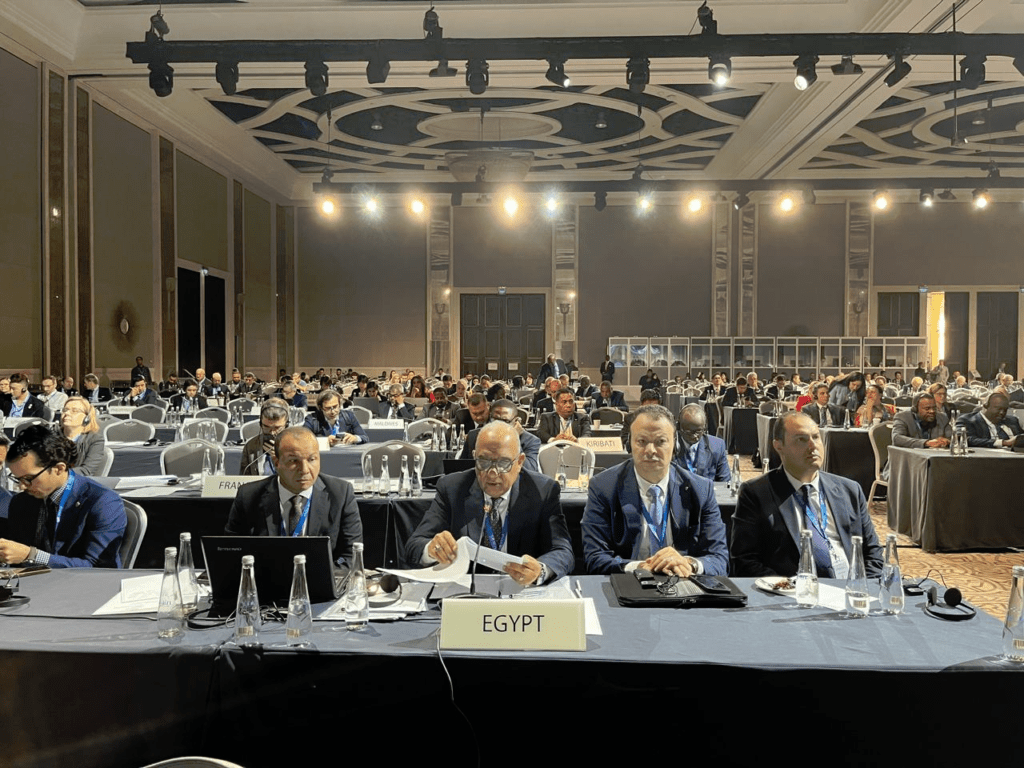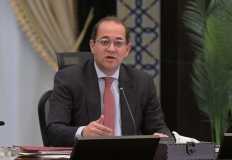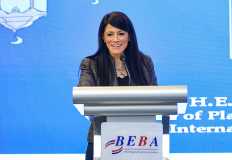
In his address to the 15th General Assembly of the International Renewable Energy Agency (IRENA) in the United Arab Emirates, Dr. Mahmoud Essmat, Minister of Electricity and Renewable Energy, underscored Egypt's unwavering commitment to renewable energy as a cornerstone of sustainable development. He emphasized its pivotal role in environmental protection and securing a prosperous future for generations to come. This commitment aligns perfectly with the United Nations Sustainable Development Goals, particularly Goal 7, which aims to ensure access to affordable, reliable, sustainable, and modern energy for all.
Dr. Essmat explained that Egypt has transformed its energy infrastructure and strengthened its legal framework to attract investment. This has made Egypt a top destination for renewable energy investments. Solar and wind energy capacities have grown significantly, demonstrating successful collaboration. By 2026, Egypt aims to achieve 12,000 megawatts of renewable energy capacity, supported by 3,350 megawatts of battery storage.
He further noted that by 2029, Egypt aims for 20,000 megawatts of renewable energy capacity, complemented by 3,600 megawatts of clean nuclear energy and 2,400 megawatts of pumped storage. These projects significantly reduce carbon emissions, create jobs, drive economic growth, and support Egypt's transition from fossil fuels, aligning with Vision 2030 and the updated National Energy Strategy 2040, prioritizing renewables and sustainability.
The Minister emphasized Egypt's
aspiration to become a regional energy hub, connecting Africa, Europe, and the
Middle East. Leveraging its strategic location and robust infrastructure, Egypt
is pursuing electricity interconnection projects with neighboring countries
like Sudan, Libya, Jordan, and Saudi Arabia (expected to be operational this
year). Egypt shares a vision with the EU for regional energy integration, with
crucial interconnection projects underway with Greece and Italy. These projects
facilitate cross-border transmission of clean electricity, meeting sustainable
energy needs and enhancing grid stability across participating nations.
He emphasized Egypt's commitment
to strengthening cooperation with African counterparts to achieve energy
integration, exchange technical expertise, and support renewable energy
projects across the continent. This collaboration aims to ensure that the
growing demand for energy is met sustainably and equitably.
Dr. Essmat acknowledged the severe threat of climate change and its disproportionate impact on developing countries. Recognizing Egypt's high vulnerability to climate change impacts, such as rising temperatures and water scarcity, the country is committed to reducing its carbon footprint. This commitment is reflected in the expansion of renewable energy projects, the adoption of sustainable development strategies, and the integration of renewable energy into national plans and climate policies. Furthermore, Egypt places a strong emphasis on energy efficiency to ensure a just and inclusive transition to clean energy.





